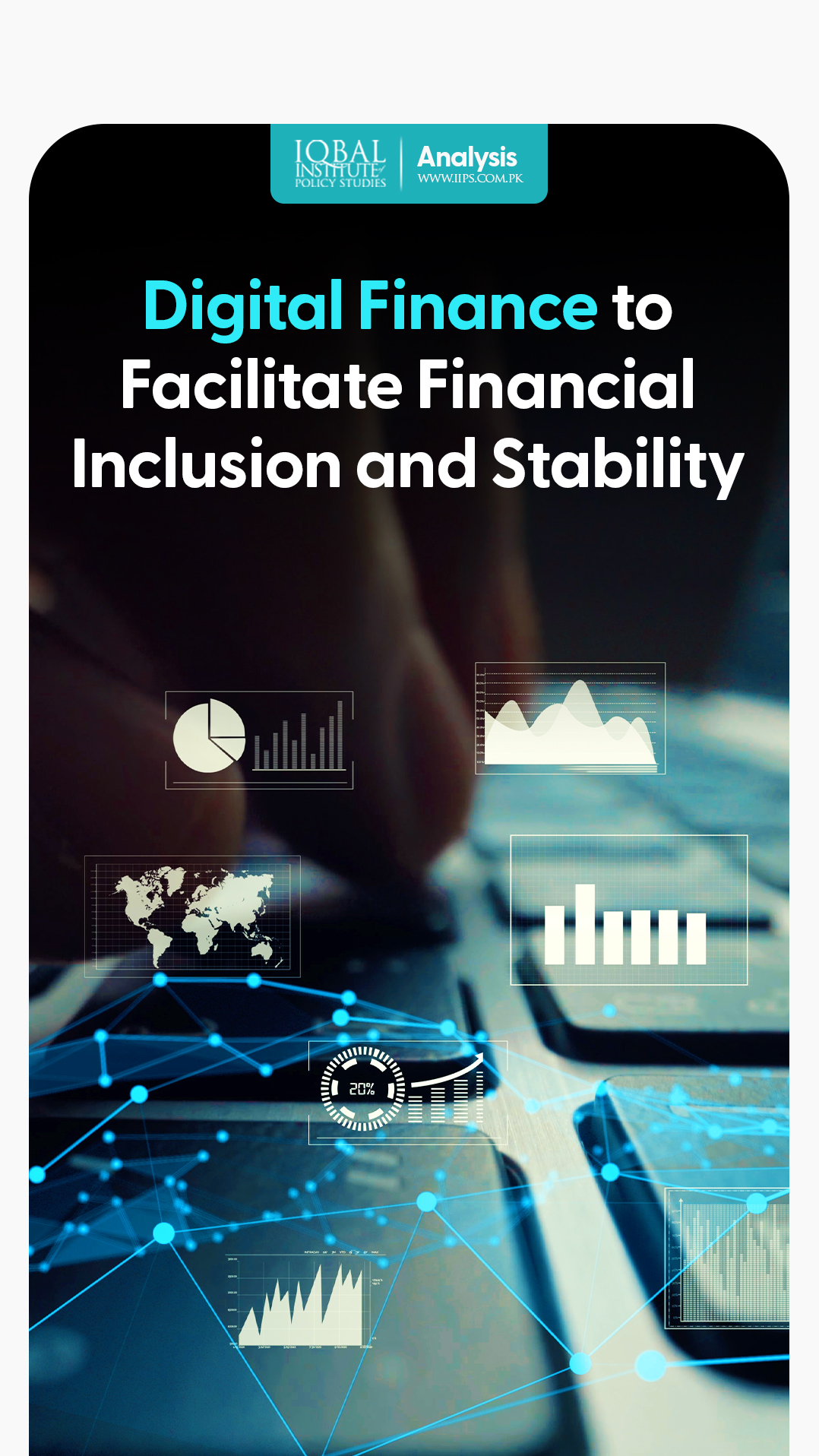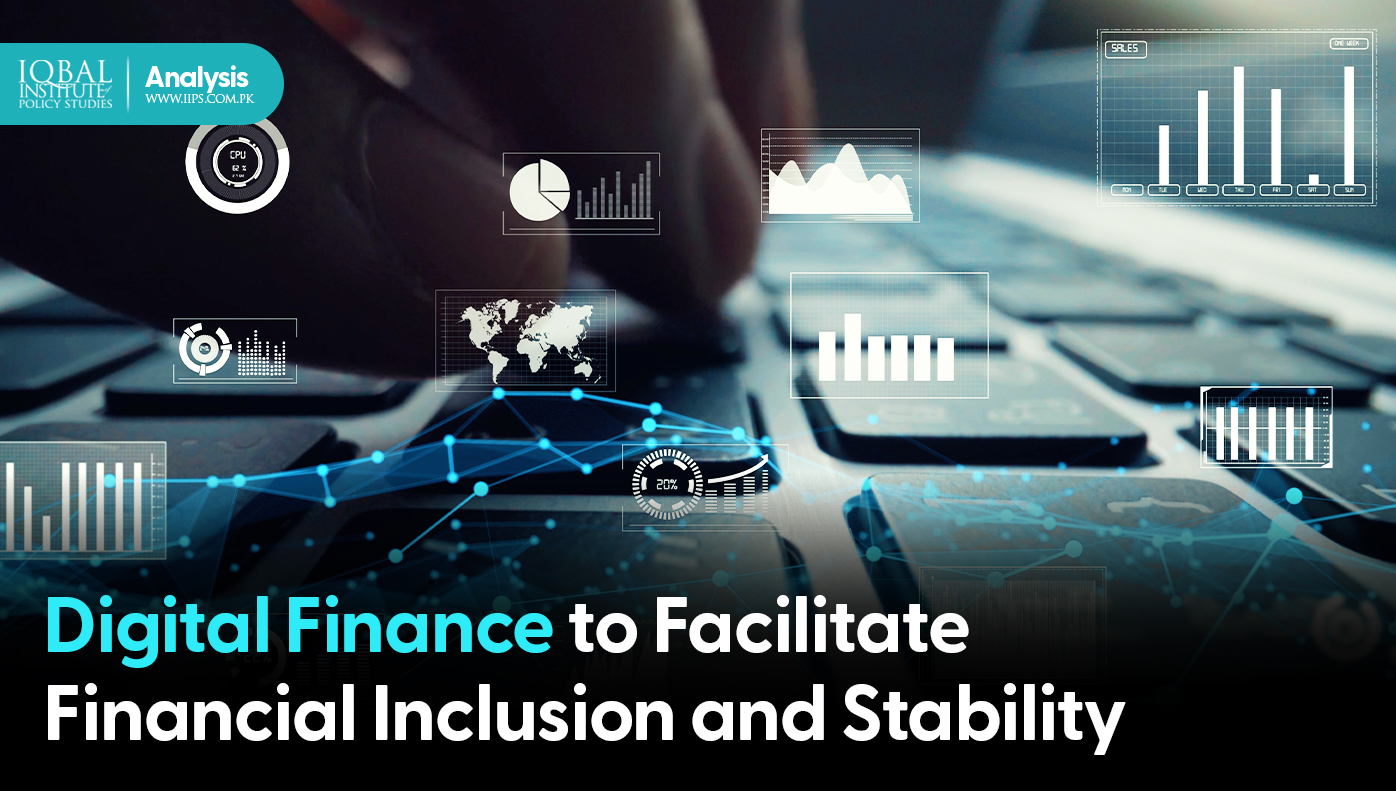In the recent years, investments in new technologies in the financial sector have increased substantially, providing access to financial services through mobile technology and other mediums. People can now make payments, transfer money, and invest using various new tools.
Artificial intelligence, social media networks, machine learning algorithms, mobile applications, distributed ledger technologies, cloud computing, and big data analytics have given rise to new services and business models by establishing financial institutions and new market entrants.
Digital finance can also describe the impact of new technologies on the financial services industry. It includes various products, applications, processes and business models that have transformed the traditional way of providing banking and financial services.
An increase in the efficiency of financial operations and institutions through digital solutions can bring down national barriers and spur competition in online banking and payment, transfer services, peer-to-peer lending, and personal investment advice and services.
Digital finance technology will improve financial inclusion in the country by building resilience, providing a safety net, and making daily financial transactions more convenient for the poor.
Financial inclusion provides access to useful and affordable financial products and services to individuals and businesses to meet their needs like transactions, payments, savings, credit and insurance, delivered responsibly and sustainably.
It is a key enabler to reduce extreme poverty and boosting shared prosperity. Currently, in Pakistan, most Pakistanis lack access to payment services that would allow them to conduct such transactions efficiently and at a low cost. In a country of about 220 million people, the number of bank accounts has now reached 55 million, out of which less than 10 million accounts are active (Dawn,2021).
However, access to financial services, opening a bank account, storing money securely, accessing competitive loans to smooth consumption or purchase assets, availing insurance to weather financial shocks, sending money to relatives with minimal fees, and making and receiving payments quickly and affordably is increasingly becoming recognised as a basic need in a modern economy.
With the prospect of reaching financially excluded and underserved populations, digital finance improves financial inclusion and stability in the country. It can provide a more convenient platform for individuals to carry out basic financial transactions, including payments for electricity, water supply, and money transfer to family and friends etc.
Eventually, these digital solutions can create a consumer-oriented financial system, offering a wide range of relevant services to enhance the financial resilience of individuals, small businesses and the economy.



Leave a Reply